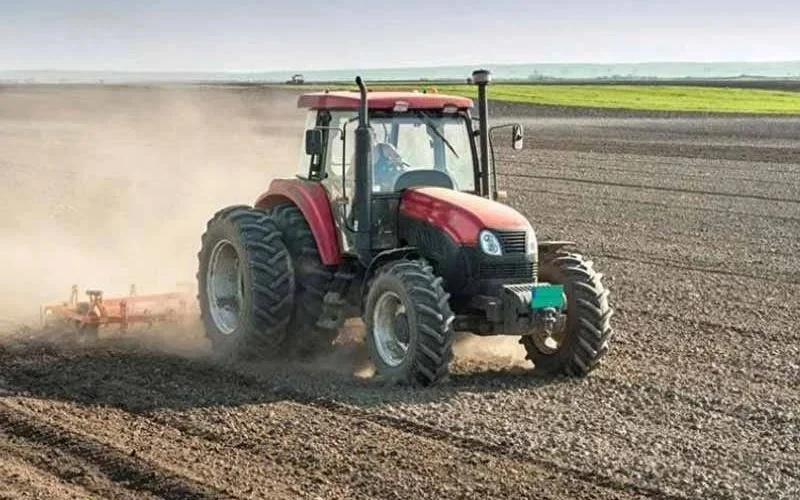Preparation for spring planting underway in Akmola region
Farmers in Akmola region are actively preparing for the upcoming spring planting season. This year, they plan to sow approximately 5.4 million ha of spring crops, an increase of 52,000 ha compared to the previous season, Kazinform News Agency reports.

The focus is on diversifying crops, with expanded areas allocated for oilseeds—up to 430,000 ha—as well as vegetables, potatoes, and forage crops.
As May begins, each day is crucial for the future harvest. One of the primary tasks remains preserving the moisture accumulated in the soil over the winter. Moisture retention has already been carried out on 128,900 ha, accounting for 4.4% of the plan. Pre-sowing soil preparation has covered 3,200 ha.
"Moisture escapes from arable land swiftly, especially under the sun and wind. In areas with risky farming conditions, conserving moisture is crucial. Rainfall is unpredictable, and our summers can be scorching. The moisture retained in the soil during spring acts as a safety cushion for plants. It's this stored moisture that enables grain to begin growing before the rains arrive. Farmers understand that effective and timely moisture retention reduces concerns come June," explained Marat Sautov, head of the Department of Agriculture and Grain Market Regulation in Akmola region.
The region has an ample supply of seed material, with 540.2 thousand tons already prepared and all seeds certified as conditioned. Of the total volume, 78.2% are classified as first- and second-class seeds.
“The first and second classes are essentially the honor roll of seeds. They meet strict standards for purity, germination, and growth energy. First-class seeds are ideal by every measure — they have a germination rate above 95% and are virtually free of impurities and disease. They represent the highest-quality planting material. Second-class seeds are also excellent, with only minor permissible deviations, but they still fully meet agricultural standards. Simply put, these are the seeds that produce uniform, strong sprouts — the foundation of a good harvest,” Marat Sautov noted.
To boost crop yields, farmers plan to apply up to 336,000 tons of fertilizers. Contracts for the first batch—90,500 tons—have already been signed, with a third of that amount already delivered. To protect crops from diseases and pests, 9.4 billion tenge has been allocated from the regional budget to subsidize pesticides and biological agents.
This year, over 200 billion tenge has been allocated to support the region’s agro-industrial sector, including 63.3 billion for subsidies and approximately 140 billion for preferential loans and forward purchasing. The Ken Dala and Ken Dala 2 programs, which launched in December, have already provided farmers with 71.5 billion tenge in low-interest financing.
Technical equipment is also a key factor. Over 31,000 units are being used for the sowing campaign, including 12,600 tractors, 16,900 seeders, and 1,500 modern seeding complexes. Since the start of the year, 162 pieces of equipment have been purchased, totaling 5.6 billion tenge.
It is reported that the region has been allocated 76.6 thousand tons of subsidized diesel fuel for spring fieldwork. Including the remaining stock from last year, the total amount comes to 82.9 thousand tons. The final price for agricultural producers is 254 tenge per liter. To date, contracts have been signed for nearly 50 thousand tons, and most of the fuel has already been paid for and delivered to the fields.
As reported earlier, Kazakhstan is to boost exports of agricultural products to China.

